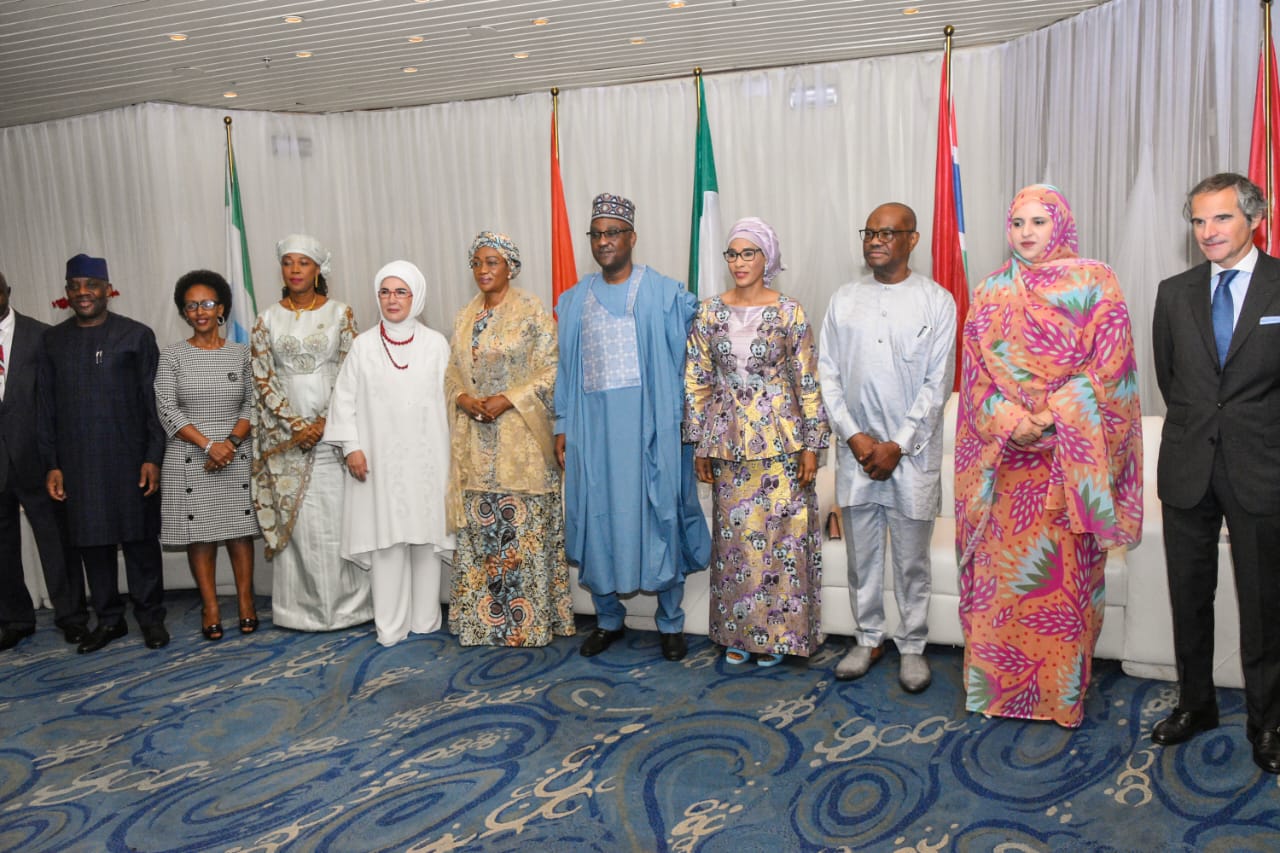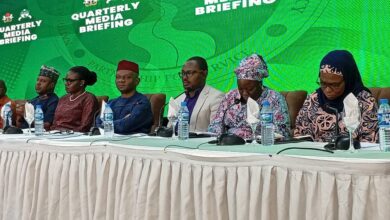OIC Encourages Use Of Traditional Medicine In Cancer Treatment

The Organisation of Islamic Cooperation (OIC) has urged African countries to identify and preserve the knowledge of traditional medicine and employ it in cancer treatment.
Dr. Ahmad Sengendo, the organisation’s Assistant Secretary General for Economic Affairs, Science and Technology, made the call on Thursday in Abuja at the High Level Regional Seminar on Promoting Cancer Awareness and Advocay Programmes in OIC Member States.
The third edition of the OIC High-Level Regional Seminar which started on Wednesday, has “Innovative Approaches to Cancer and Early detection” as its theme.
It was hosted by the First Lady, Sen. Oluremi Tinubu.
According to Segwendo, there is need to identify and preserve available indigenous knowledge and plant species available in Africa and to use them in the treatment of cancer.
This, he said, would go a long way in helping the continent to manage the scourge of the disease and lift Africa, which is part of Low-Middle-Income Countries (LMICs) mostly affected by the disease.
Dr. Walter Mulombo, the World Health Organisation (WHO) Country Representative, said “it is hightime Africa starts taking cancer seriously, as well as other killer diseases such as AIDS, Malaria and Tuberculosis.”
According to him, early detection is crucial to the fight against the scourge.
He added that “cancer is preventable and 40 per cent of cancer deaths can be forestalled through early detection.
“The current situation demands deliberate and coordinated action and according to available statistics, the statistics is expected to rise by 21.4 million and an estimated 13.2 million people will die of the disease by 2030.
“More than half of OIC member states are LMICs, the burden caused by cancer both to the nation, human resource, financial capacity and infrastructure is beyond what is available in the national budget.”
He, however, urged organisations to complement government efforts in fighting cancer.
On his part, Rafael Grossi, Director-General of International Atomic Energy Agency (IAEA), said cancer could be prevented or even treated with the right tools.
According to him, the most compelling argument which should be addressed holistically is that people are dying of curable cancers in Africa, which should not be so.
He narrated that “where I work, almost no woman dies of breast cancer, and this is something that is within our reach, we have the technology, we have the capacity to change this, we are not in front of an unsolvable problem or something that may require a lot of money to solve.
“Sometimes it is about having a radiotherapy unit in a small town or having access to something physical so that we can heal people.”
He, however, said that the agency was not about policies but about giving out the necessary technology, training doctors, oncologists and radiotherapists and providing equipment so that they can provide the needed services to the people.
“This is what we are going to do. Some countries are already requesting for assistance and many of them members of the OIC.
“About half of them have shown seriousness of the situation that we have in front of us”, he added.
On his part, the Minister of State for Health and Social Welfare, Dr Tunji Alausa, said that the seminar aims to promote cancer awareness, advocacy and access to and the affordability of cancer treatment.
He said it was designed to improve the capacity of technical partners as they support governments and institutions.
According to him, the First Lady’s gesture is a testament to uncommon commitment and people-oriented leadership of President Bola Tinubu, who demonstrated rare zeal to transform the health sector, especially cancer care, through the Renewed Hope Agenda.
He appreciated the African First Ladies of the OIC Member States for championing awareness creation and early detection.
Alausa added that the resolutions and statements made by the first ladies would prompt various governments and International Partners to swing into action to create an enabling environment for overall cancer care in the sub-region.
“This will go a long way in increasing advocacy which will improve funding for cancer care at national and international levels,” he added.
Highlight of the event was the Abuja Cancer Declaration of the first ladies of OIC African Member States on Promoting Cancer Awareness and Advocacy Programmes.
The member states committed to investing more resources in addressing the risk factors associated with cancer and encourage the participation of civil society and communities in fostering partnerships for dissemination of accurate information about cancer.
They also committed to integrating cancer prevention into primary healthcare systems and promoting greater public awareness about the importance of cancer prevention measures.
(NAN)





